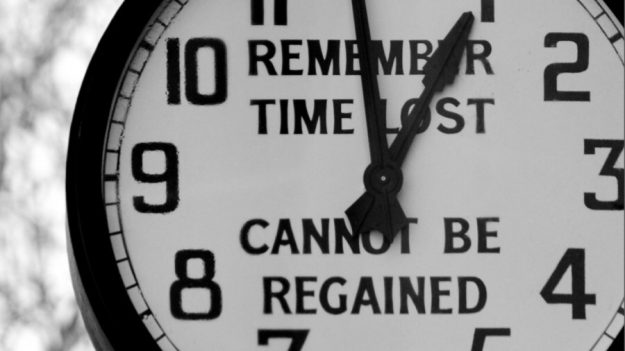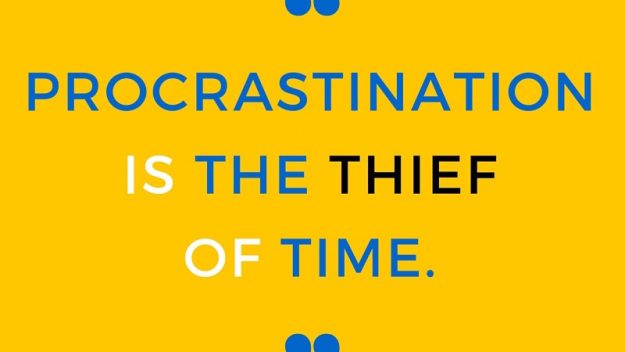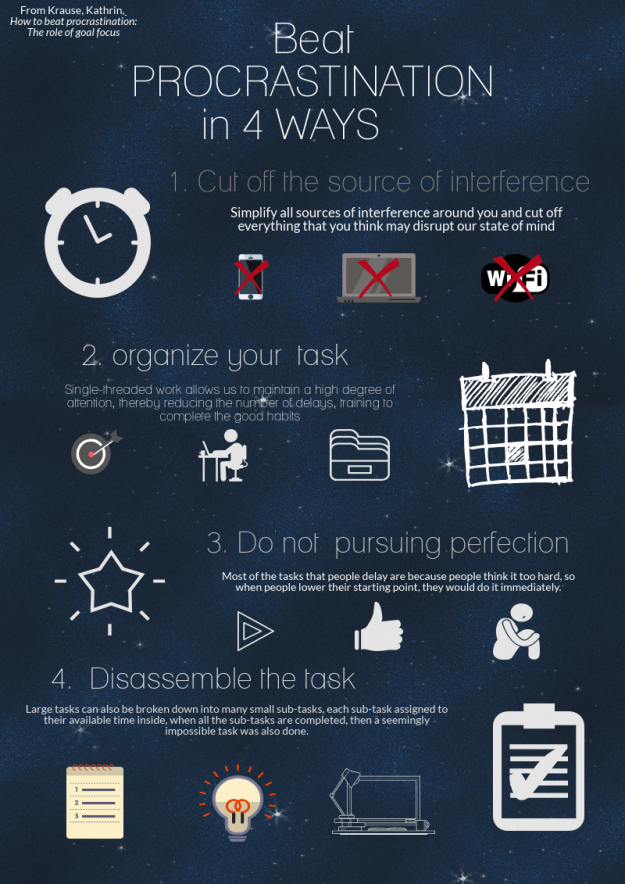Finishing tasks on time is very hard for lots of people who have procrastination, experts are trying to give actionable resolutions.
Procrastination seems to be one of the buzzwords of the 21st century. It has been the subject of numerous self-help articles, blog articles, YouTube videos (and less useful but exciting memes). Ironically, the Internet is a good place to delay. The solution remains elusive, one thing is clear, the delay can be hard to understand and therefore more difficult to overcome.
As people shout, “I’m procrastinating, I repent,” and keep hiding myself, like an ostrich with his head in the sand. Just like the one written by Samuel Johnson: “We has been a common human weakness that we postponed the eventual unavoidable. And it is more or less entrenched in the minds of everyone. “
Why Procrastination

One of the most heart-wrenching explanations is “fear of failure”. Schouwenburg, an educational psychologist at the University of Groningen, believes that “fear of failure” is an essential factor in predicting delays as an anxiety reaction. People are often afraid of making mistakes, fear that their performance can not meet the standards or meet the expectations of others. It has led to delays or evasions in the execution of failed tasks in order to leave room for their defense. “It is not that I am not good enough, but that I am delayed, not enough time.”
Another representative explanation is “time perception.” Philip Zimbardo, an American psychologist, believes that life can be fully enjoyed only by the balance of the past, present and future three-time frame references. “If one is limited to one of the coordinates, then the outlook on life Deviations will occur and they will be limited. “
Health costs of procrastination

Psychologists Tice and Baumeister use a set of delay measures for students in a class to differentiate some students. They are used to getting things done and not doing so. In addition, an end-of-term dissertation was placed in a class. Students were asked to report at the beginning of the semester and the end of the semester. About “how much physical discomfort they experienced”
As the delays listed in previous scales delayed the average time for submitting dissertations to students, with generally lower scores. But the saddest thing is that while all students reported increased symptoms at the end of the semester, procrastinator said significantly more symptoms.
All kinds of procrastination

According to Pierce Steele, a professor of commerce at the University of Calgary. The percentage of people who admitted to suffering from procrastination from 1978 to 2002 was four times the original.
To delay, procrastinators makes a few strange things: shopping, read a novel, write a diary, go to the gym, download music or movies. Procrastinator often delays in the implementation of “creative”.
How to deal with Procrastination

Psychologists give some other suggestions. They are identifying procrastination, setting actionable goals, selecting a goal and rewarding yourself with some progress.
Apparently, these interventions have similarities and differences. “An individual must have enough motivation, ability and a strong sense of efficacy to make the success of the behaviour,” noted social psychologist Bandura.

